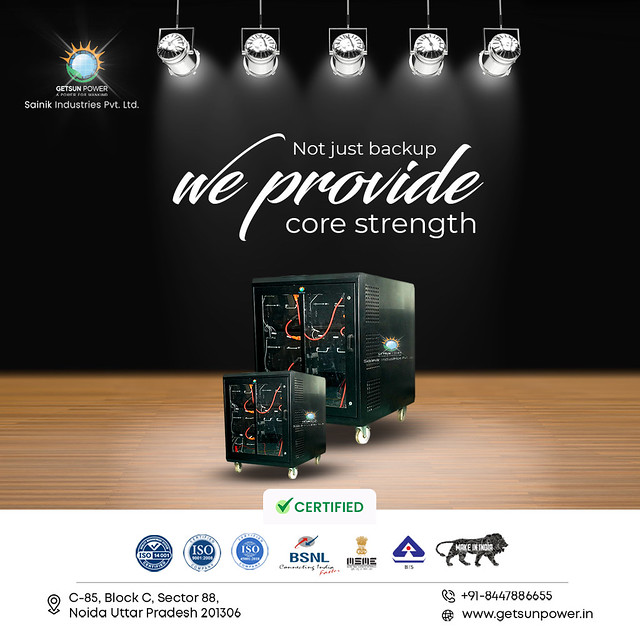Lithium Battery: The Future of Energy Storage
Introduction:
In recent years, the use of lithium batteries has become increasingly prominent in various industries. As a result, it is essential to delve into the manufacturing process, characteristics, advantages, usage method Lithium Ion Battery suppliers s, and how to select this product. This article aims to explore all these aspects

and shed light on the revolutionary Centralized Energy Storage System powered by lithium-ion batteries.
Manufacturing Process:
The manufacturing process of lithium batteries involves several key steps. Firstly, raw materials such as lithium carbonate are extracted and refined before being converted into cathode materials like Lithium cobalt o solar powered motion flood lights xide (LiCoO2), Lithium manganese oxide (LiMn2O4), or Lithium iron phosphate (LiFePO4). These cathode materials are coated onto aluminum foil alongside an anode material like graphite. Afterward, they are assembled into cells through stacking and winding processes using separators soaked in electrolyte solutions comprising lithium salts dissolved in organic solvents.
Characteristics:
Lithium cells possess unique characteristics that set them apar

t from traditional battery technologies. They have high energy density which translates into a longer runtime for devices while maintaining a relatively small size and lightweight design. Moreover, they showcase excellent charge retention capabilities even after extende Lithium accumulator d periods of non-use compared to other rechargeable battery types.
Advantages:
One major advantage offered by lithium-ion batteries is their ability to recharge multiple times without suffering from memory effect. Additionally, they have low self-discharge rates which allow them to retain most Lithium cell of their stored energy even when dormant for long periods. Another significant advantage is their quick charging capability compared to alternative options available in the market.
Usage Methods:
Utilizing lithium batteries is incredibly simple due to their compatibility with numerous electronic devices rangin lithium battery g from smartphones and laptops to electric vehicles and renewable energy storage systems. These versatile power sources require standard charging equipment specific to each application but operate seamlessly once connected.
How To Select The Perfect Lithium Battery for Your Needs:
When choosing a lithium battery, it is crucial to consider certain factors. Firstly, i Lithium-ion battery dentify the specific power requirements of your device or system and ensure that the selected battery can meet those needs. Additionally, assess the physical dimensions and weight constraints if applicable. Finally, verify that the chosen model adheres to safety standards such as UL certification for r Centralized Energy Storage System eliable performan lithium battery ce.
Conclusion:
The rise of lithium batteries has revolutionized energy storage solutions across various industries globally. From Centralized Energy Storage Systems in renewable energy installations to solar-powered motion flood lights on residential properties, these batteries have become integral parts of o lithium battery ur daily lives. With their exceptional characteristics and advantages like high energy density and quick charging capabilities, lithium-ion batteries are indeed shaping a sustainable future powered by clean energy technology.
Do you want to know more about Lithium Ion Battery suppliers?


